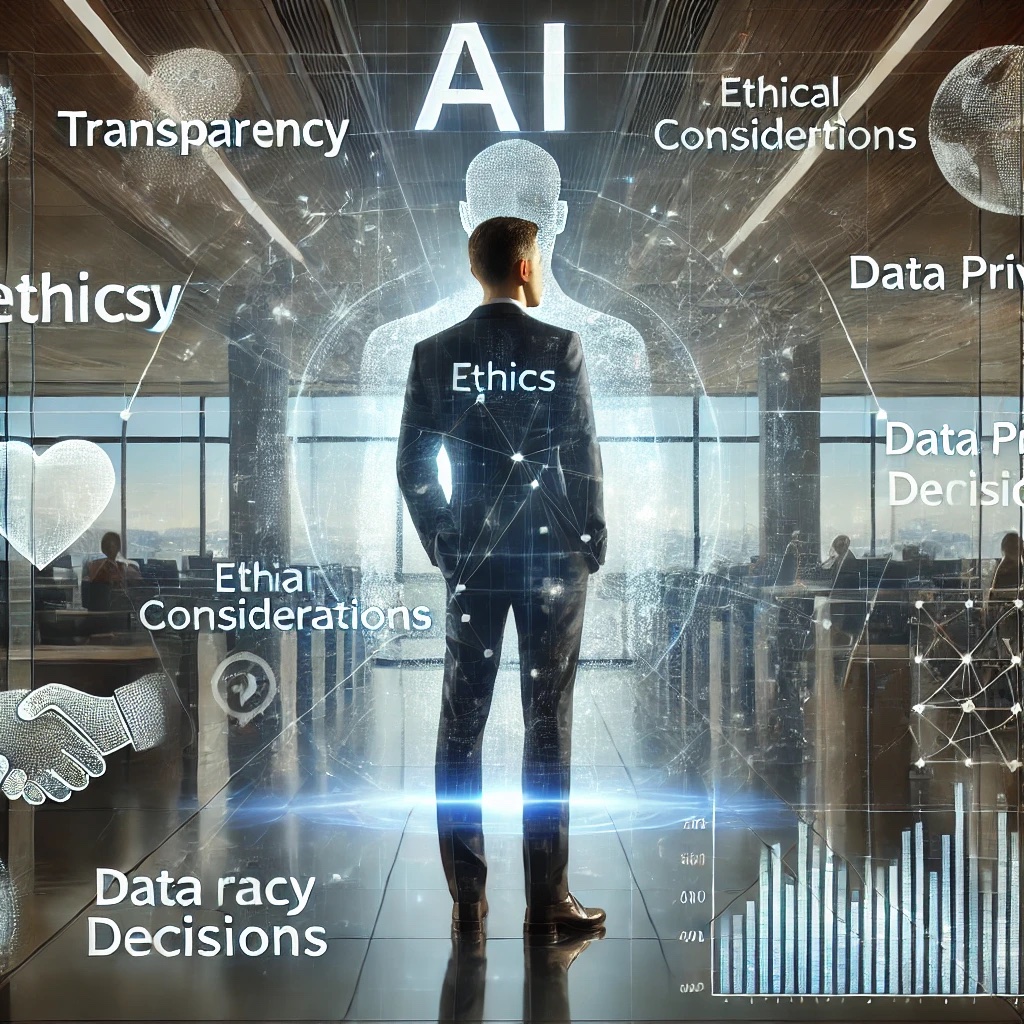Navigating Leadership Challenges in the Age of AI:
Balancing Technology and Human Talent in Modern Management
The rise of AI in the workplace has reshaped traditional management, posing unique challenges for leaders accustomed to guiding team members based on skill-driven task allocation. With AI's capacity to automate repetitive, data-heavy, or analytical tasks, managers now face the task of rethinking team roles to focus on human strengths that AI cannot easily replicate—creativity, emotional intelligence, and complex problem-solving.
As AI takes on technical and analytical tasks, it opens up the need for employees to develop complementary skills like critical thinking, adaptability, and AI literacy. Managers, in turn, are responsible for upskilling their teams and steering them from task-based roles toward more strategic or creative functions. This transition not only equips employees for the evolving workplace but also fosters a dynamic environment that leverages both human ingenuity and machine efficiency.
However, with AI shouldering a growing share of the workload, employees may question their value or feel their roles are at risk of redundancy. For managers, keeping team members motivated, engaged, and connected to the organisation's mission has become a core challenge. Leaders must cultivate a culture where employees recognise their contributions beyond mere task completion, emphasising their unique role in driving organisational purpose and innovation.
Creating an effective AI-human collaborative environment also requires clearly defined roles. Managers need to design workflows where AI provides support for routine tasks while humans contribute judgment, oversight, and decision-making. Mastering this hybrid model is a new skill set for leaders, requiring them to balance automation with human-centred management.
Ethical considerations add another layer of responsibility. With AI managing sensitive or impactful tasks, managers must ensure transparency, ethical usage, and accountability. Addressing potential biases, clarifying AI's decision-making processes, and addressing concerns around job security are crucial to fostering trust in AI-enabled environments.
The shift for managers is clear: evolve from task oversight to strategic guidance, focusing on empathy, coaching, and fostering innovation. By doing so, leaders can create a balanced and adaptive workplace that maximises both human and AI potential, navigating a future where technology and talent harmoniously drive success.
